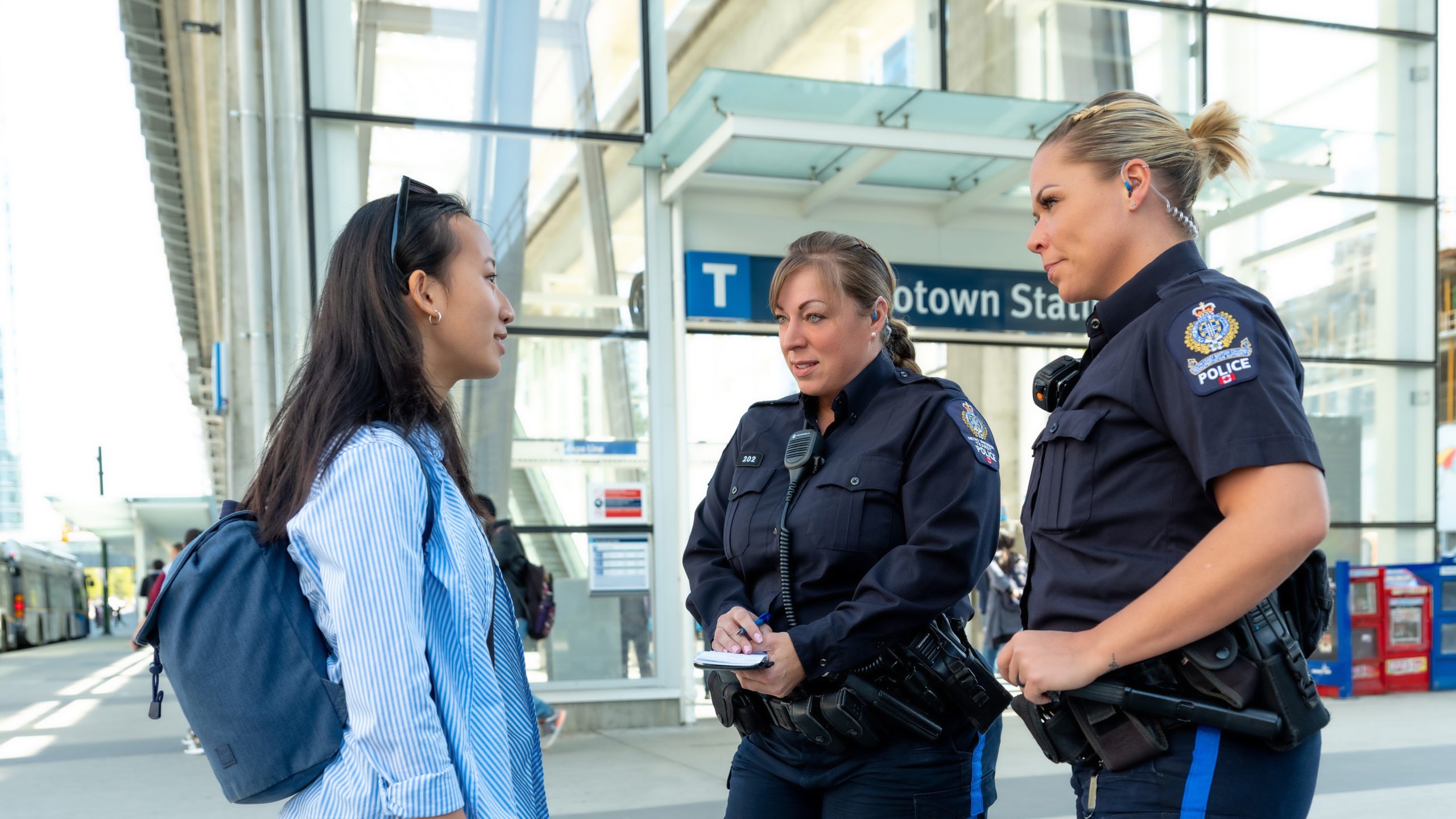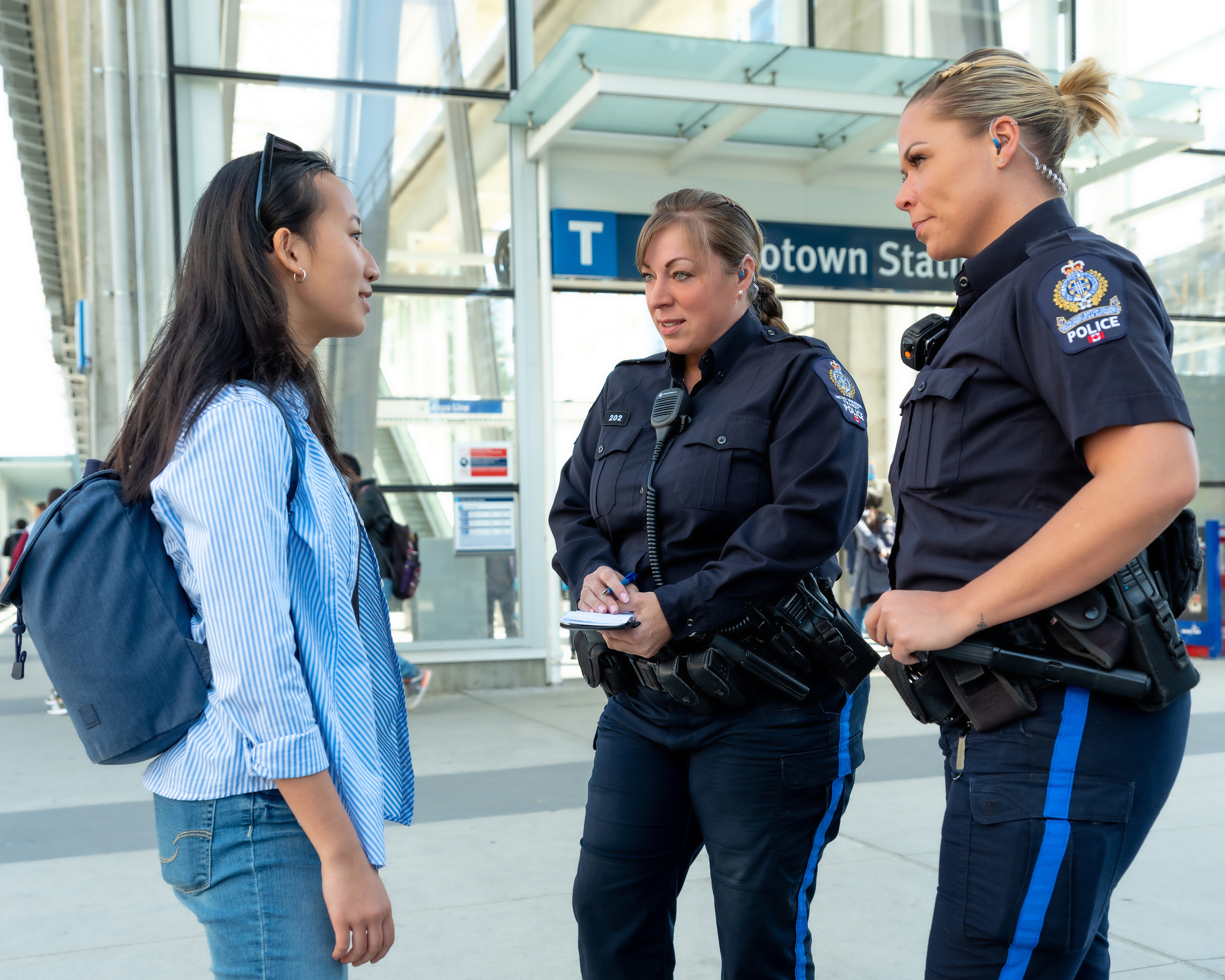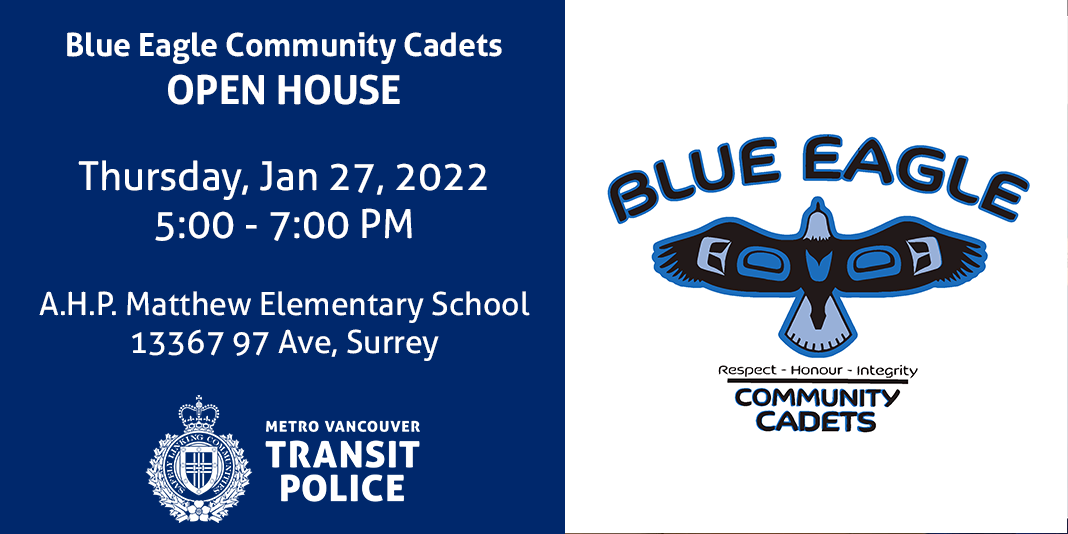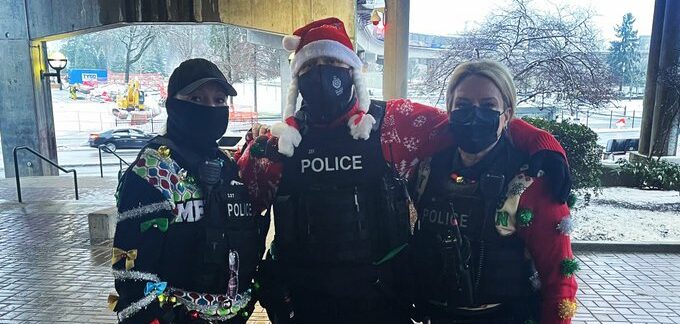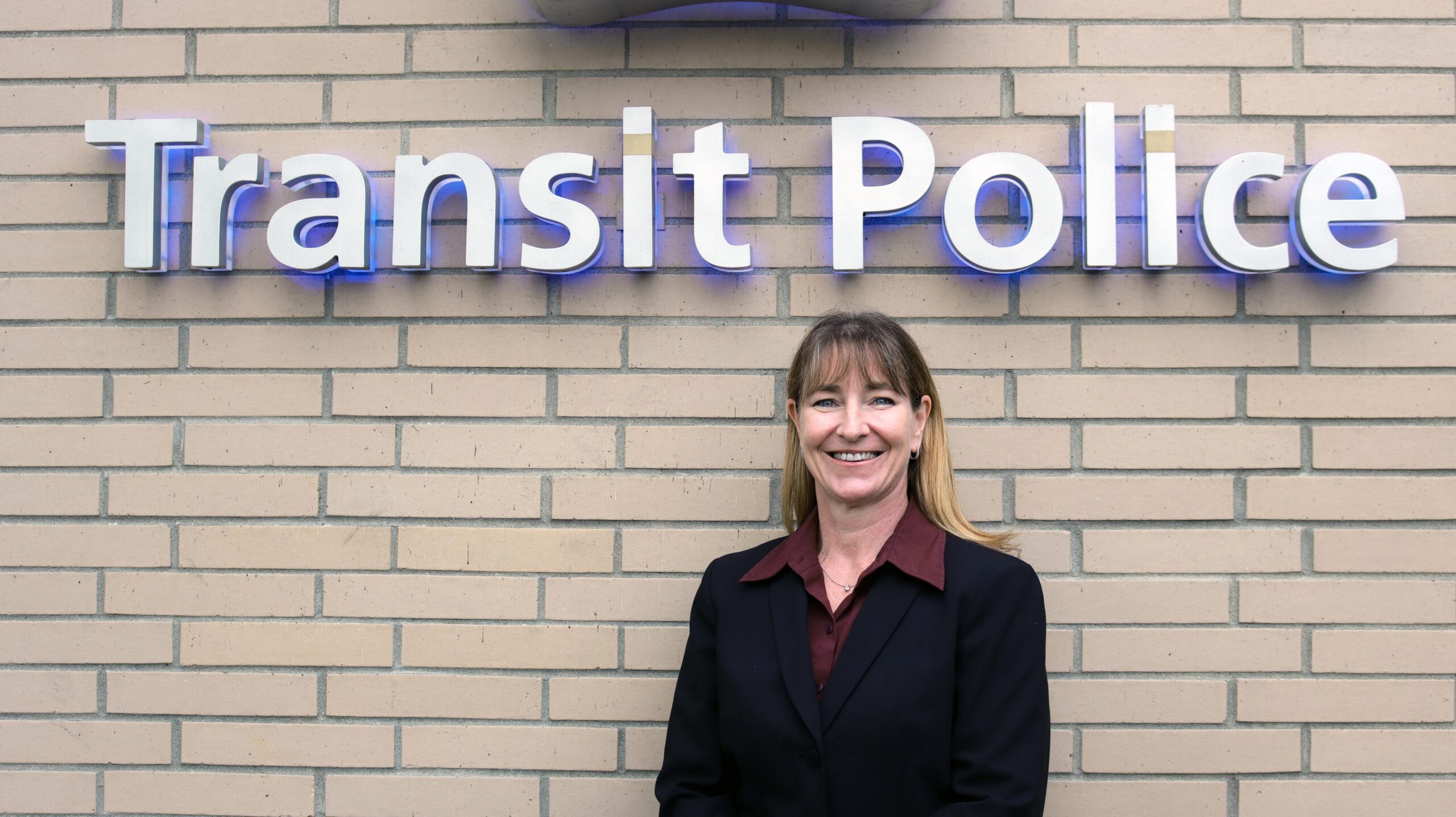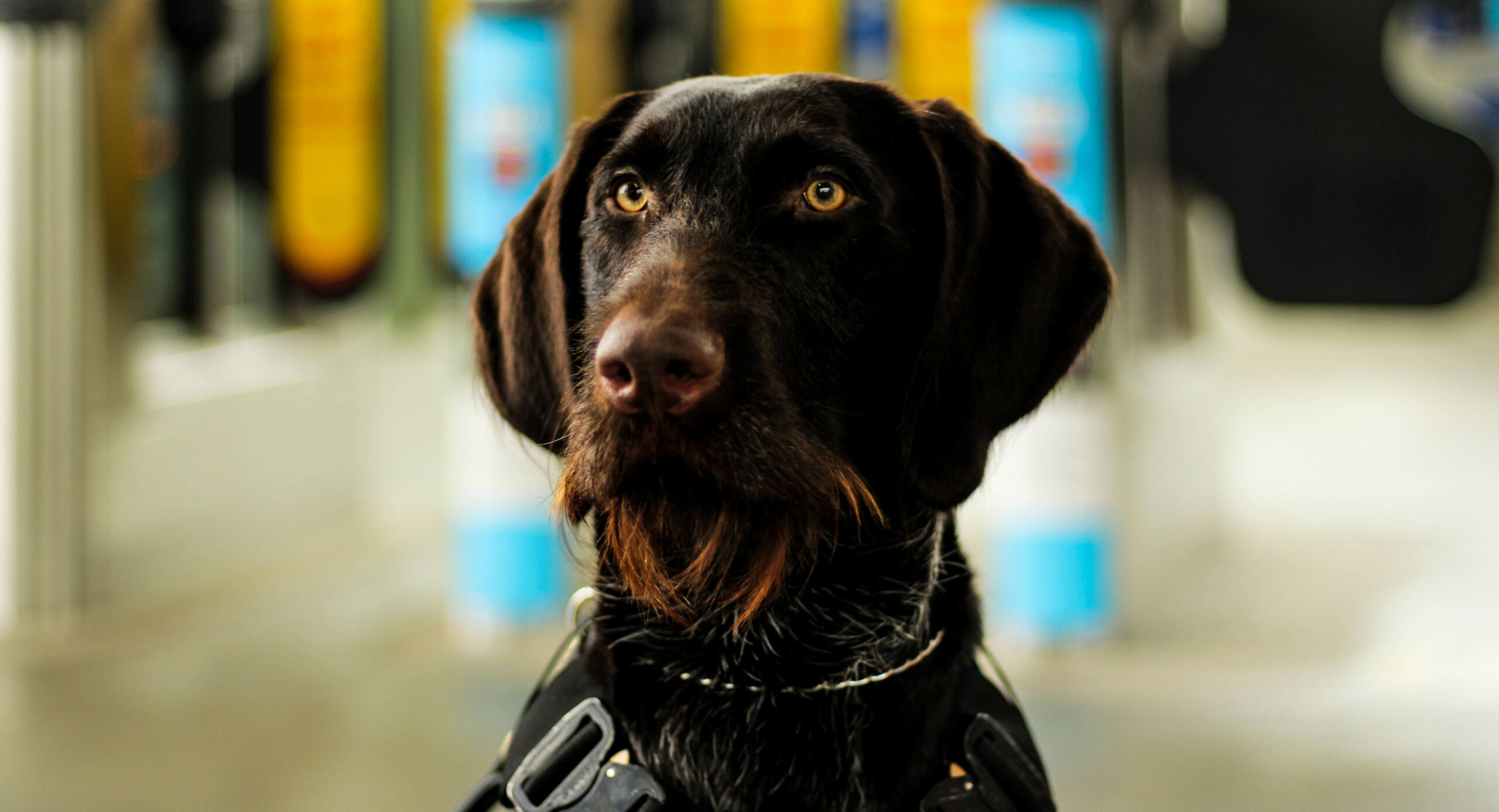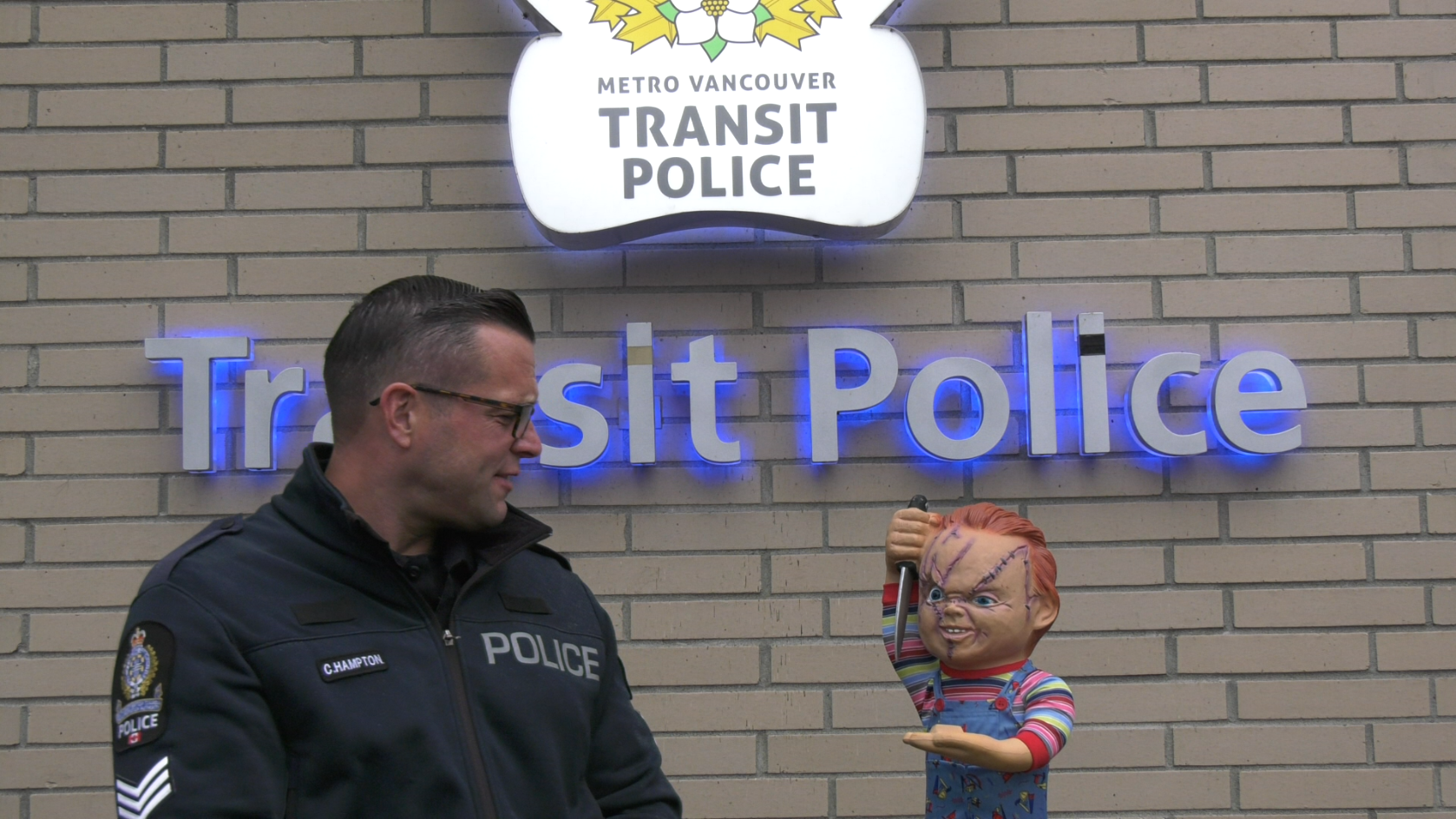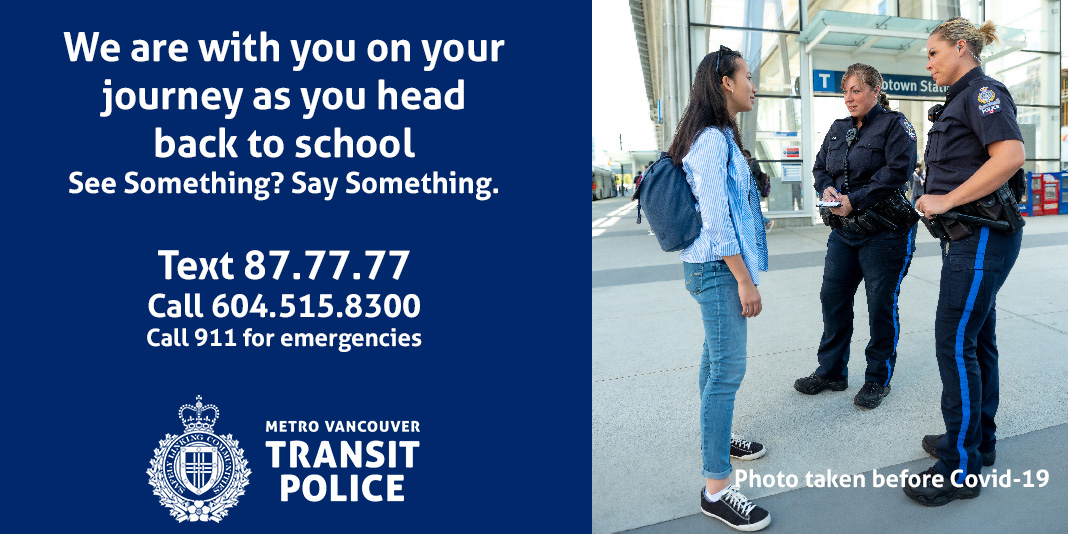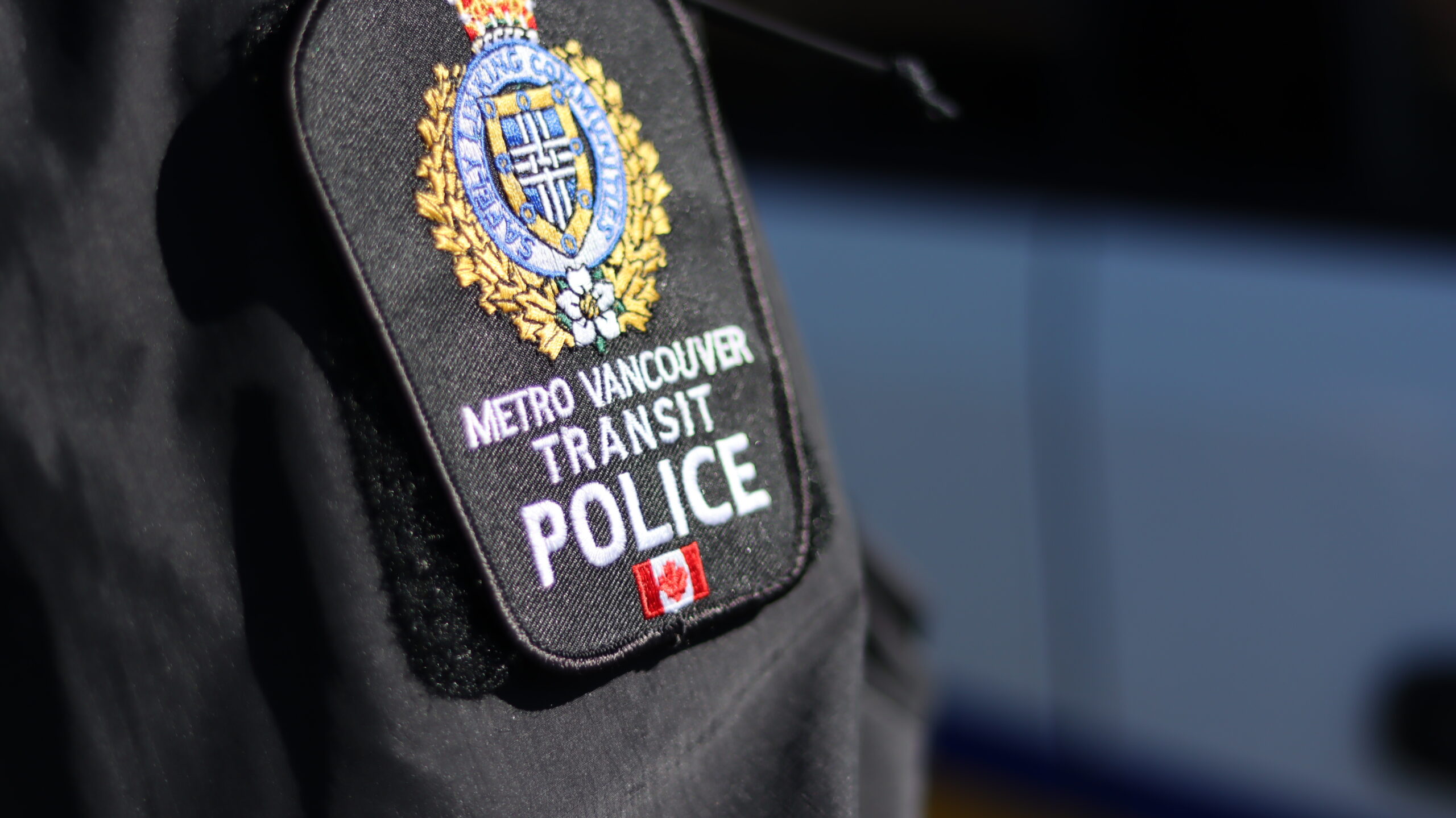
Transit Police dispatcher proud of being the calm voice during chaos
When there is a safety concern or a crime takes place on or around the transit system, the operators in the Transit Police Operations Communications Centre (OCC) receive those reports. Kristin Ory, one of these operators, received one such call regarding a person having a mental health crisis on the system, with the potential of […]
